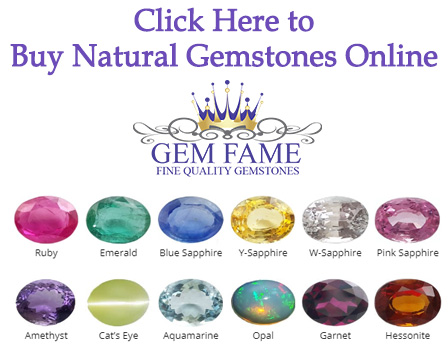Dolomite
Dolomite is really a mineral that is common but rarely clean adequate for faceting. A collector that is an uncommon gem with distinctive birefringence. Dolomite is really a sedimentary that is common mineral and can be seen around the world in massive beds several hundred feet thick. Crystals are somewhat unusual and are usually found as Druzes or clusters of small rhombohedral crystals with colorless, tan or colors which are pink. Large, clean, facetable crystals can be rare. Dolomite is chemically just like Calcite. Dolomite contains magnesium, Calcite does not.
| Category: | Carbonate minerals |
| Chemical Formula: | CaMg(CO3)2 |
| Crystallography: | Trigonal – Rhombohedral |
| Crystal Habit: | Crystals typically tabular, many minor forms, may exhibit curved faces, to 20 cm; saddle-shaped aggregates, columnar, stalactitic, granular, massive. |
| Twinning: | Common as simple contact twins and in combinations; also lamellar. |
| Cleavage: | [1011] Perfect, [1011] Perfect, [1011] Perfect (rhombohedral) |
| Fracture: | Subconchoidal |
| Tenacity: | Brittle |
| Hardness (Mohs): | 3.5 – 4.0 |
| Density: | 2.84 – 2.86 (g/cm3) |
| Luminescence: | May be Triboluminescent |
| Radioactivity: | Not Radioactive |
| Color: | Colorless, White, Grey, Yellow, Brown, Pale Pink |
| Transparency: | Transparent, Translucent |
| Luster: | Vitreous, Pearly |
| Refractive Index: | 1.679 – 1.703 Uniaxial ( – ) (may be anomalously Biaxial) |
| Birefringence: | 0.1790 – 0.1810 |
| Dispersion: | Very Strong |
| Pleochroism: | None |


